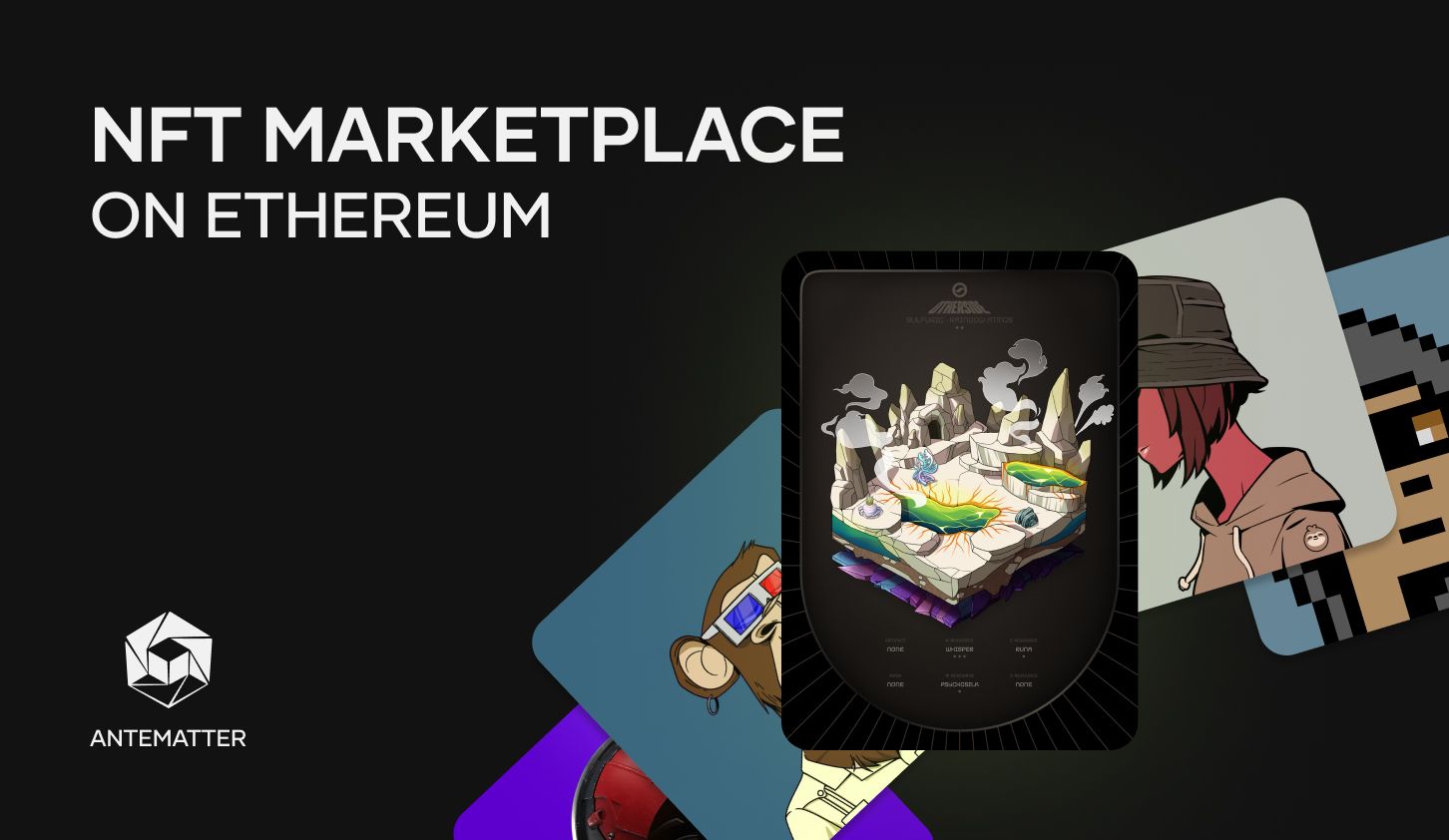NFT Marketplace on Ethereum

Client background
The client, a non-technical founder, was in the process of developing a product marketplace but desired to leverage Web3 technology. Initially, the client had engaged an offshore team to build the platform; however, they encountered difficulties and were now seeking to transition to new vendors.
Problem Statement
The client's offshore team successfully implemented the design and frontend of the marketplace. However, they lacked the necessary in-house Web3 expertise to integrate the business model with Web3 from both a business and technical standpoint.
Due to their lack of Web3 knowledge, the team also required comprehensive documentation and developer-friendly APIs to facilitate seamless integrations. Despite the project's announced launch within 20 days, there had been minimal progress on the backend and, particularly, the smart contracts. As a result, the client urgently sought the expertise of Web3 professionals to salvage the project.
Solution
We have developed two smart contracts - one for the marketplace and another for the ERC721 NFT collection contracts. The former defines the business logic of the marketplace, andthe latter represents the product range. To ensure royalty-based platform earnings, we have integrated the royalty extension provided by OpenZeppelin into the ERC721 contract.
Thorough documentation of the smart contracts' functionality, along with comprehensive test cases, has been provided to ensure security. Additionally, we have deployed the smart contracts on the Polygon Mumbai testnet and developed APIs for seamless interaction with these contracts.
Results & Highlights
- As a B2B platform, the process of user onboarding required the deployment of a new smart contract each time. To simplify this entire process, we offered a convenient API.
- One significant aspect of the platform was its capability to enable sellers to effortlessly add their products to collections where public minting was permitted. This allowed users to easily browse through any collection and add products. The implementation of this feature involved integrating a public mint functionality, which significantly enhanced the platform's potential to generate earnings.
- The contracts we developed were highly versatile and included all the necessary functionalities to meet the client's requirements. These functionalities encompassed unrevealed collections, maximum supply management, whitelisting capabilities, and public minting functions.
- The client was approaching the scheduled launch date and had a limited timeframe of a few weeks to develop the smart contracts and integrate them with the frontend. However, we successfully completed the project in under two weeks, which included thorough testing and seamless integration.
- Additionally, we provided guidance and support to the client's internal developer team integrating multi-wallet support and implementing event listeners, which played a vital role in their frontend development.
Conclusion
This case study showcases our expertise in developing, testing, and deploying smart contracts for NFT marketplaces. Furthermore, it demonstrates our ability to execute efficiently even under tight deadlines. We carefully identified the appropriate business logic and prioritized the client's need for a fast and thoroughly tested launch. This involved creating comprehensive documentation for all smart contract functions, designing APIs for non-Web3 developers to seamlessly integrate, and providing guidance and support throughout the integration process to ensure mutual success.